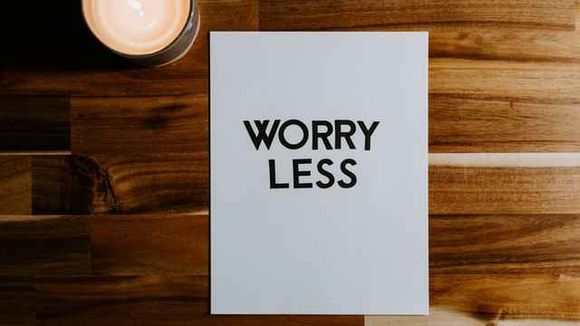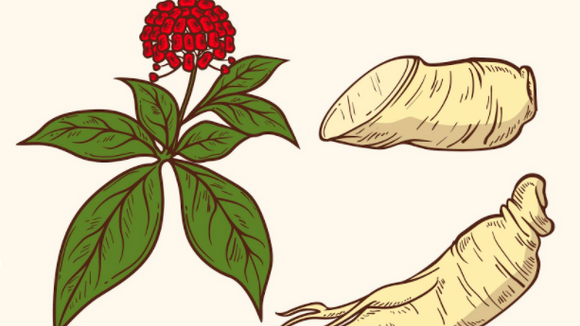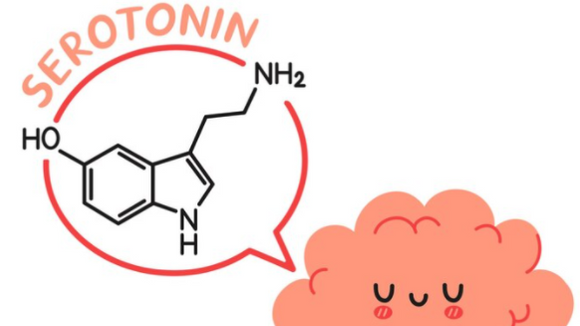What is depression
Sadness, feelings of oppression and loss of interest or pleasure from daily activities are familiar feelings for all of us. But if they persist and significantly affect our work and personal lives, the problem may have another name: depression. Depression is the main cause of disability worldwide, according to the World Health Organization (WHO). It does not affect only certain risk groups, both adults and adolescents and children suffer from it. If we were to define it, it would be the following:
Depression is a mood disorder that involves a constant feeling of sadness and loss of interest. This condition is different from mood swings that people regularly experience as part of everyday life and as a result of more stressful circumstances and factors. [ref. 1]
Signs and symptoms of depression
Symptoms of depression may include, but are not limited to, the following:
- Depressive mood
- Reduced interest or pleasure in activities that usually bring satisfaction
- Low libido
- Changes in appetite
- Unintentional loss or weight gain
- Sleep problems - too little or too much
- Agitation, restlessness
- Slow movement and speech
- Fatigue, energy loss
- Feeling worthless or guilty [ref.2]
Usually, the treatment of this complex condition includes three components that work together to restore a normal lifestyle. The three components are:
- Support: This may include discussing practical solutions and possible causes, teaching family members how to treat someone who has depression.
- Psychotherapy: Cognitive behavioural therapy (CBT), psychodynamic psychotherapy, supportive counselling and others at the discretion of a specialist can be applied here.
- Drug treatment consisting of taking antidepressants. These medications are usually aimed at relieving symptoms and correcting the chemical imbalance of neurotransmitters in the brain. [Ref. 2]
Besides drugs with such action, there are natural remedies and dietary supplements that can help relieve symptoms and cope with this complex condition.

Herbs and supplements with antidepressant action
The use of additional therapies continues to gain popularity as people look for more natural methods to improve their health with minimal side effects. However, herbs are not always safe and effective in certain quantities, so you need to know how they work and what their side effects may be.
St. John's wort
St. John's wort is also known as Hypericum perforatum. [ref. 2] This plant has been an herbal remedy for improving mental health for hundreds of years. It can also be used as a potential treatment for depression, but not with prescribed antidepressants. should be consulted by a specialist.
Ginseng
Ginseng (Panax) is a herbaceous plant that occurs in over six species and differs in composition and action. For example, Siberian (Eleutherococcus senticosus) and Asian ginseng (Panax ginseng) are different plants with different active ingredients. [ref. 3]
Chinese medicine practitioners have been using ginseng for thousands of years to help people improve their cognitive function and energy and reduce the effects of stress. Some people associate these ginseng properties with potentially beneficial effects at low energy and impaired mood, which are part of the symptoms of depression.

Ginseng also promotes dew, supports the absorption of nutrients and strengthens the digestive and immune systems.
Lavender (Lavandula angustifolia)
Lavender oil is a popular essential oil. People usually use lavender oil to relax and reduce anxiety and mood disturbances by diffuse it alone or with other essential oils.
A 2013 scientific review suggested that lavender may have significant potential for reducing anxiety and improving sleep, but more studies are needed to prove these effects.
5-HTP
Also known as 5-hydroxytryptophan, this supplement may be useful for regulating and improving Serotonin levels in the brain. Serotonin is a neurotransmitter that affects a person's mood.
There have been a number of animal studies on 5-HTP, and several since 2016 have discussed its potential as an antidepressant therapy in humans. Studies have been shown to improve symptoms of depression, but there is only preliminary evidence to suggest that 5-HTP can also improve anxiety. L-Tryptophan, another amino acid that has been found to improve mood, is converted into 5-HTP and then into Serotonin.









